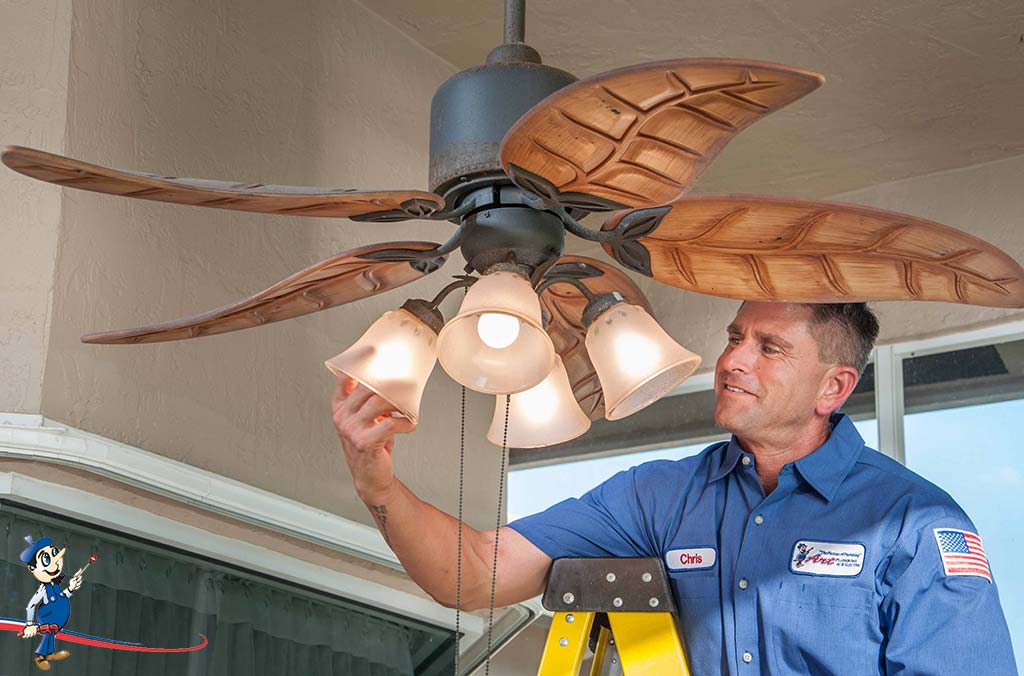What’s The Difference Between a Licensed Electrician And A Non-Licensed Electrician

Make sure you understand the difference between a licensed electrician and one that isn’t. The consequences that come with poor electrical work include things like faulty wiring and fires. There’s nothing more devastating than having your home burn down and the insurance company refusing to pay because you used an unlicensed electrician!
Different Types Of Electrician Licensing
Did you know that there are different types of electrician licenses depending on the set of skills and knowledge possessed? It is important to understand what license your electrician has and what that license enables him to be able to do. All licenses in the United States can be either certified, meaning that they are able to work anywhere in the state where the license was obtained, or registered, meaning they are only allowed to work in the specific region they were registered in. The four different types of licenses are:
- Electrical Contractor (Certified or Registered)
- Electrical Specialty Contractor (Certified or Registered)
- Alarm Contractor I (Certified or Registered)
- Alarm Contractor II (Certified or Registered)
Doing work outside of the scope which the electrical license stipulates is actually against the law. So, make sure you’re keeping things legal to protect you from insurance that won’t pay out because you didn’t think to ask to see your electricians license.
How to Become A Licensed Electrician
Your typical average Joe can take the electrical licensing examination, but this is easier said than done! Passing this examination requires an in-depth knowledge and understanding of the National Electrical Code. The National Electrical Code is a set of standardized guidelines adopted for the United States for the installation of electrical wiring and the operation of equipment and tools that may be needed on the job. Just remember that, while this guideline is accepted in the country, there are small differences from state to state. In order to be licensed, and an electrician also needs to gain electrical work experience for a certain number of years as an electrician apprentice working for a company or with a licensed electrician. This can range anywhere from 3 to 6 years’ worth of working experience depending on the type of work done
Why It Is Important To Hire A Licensed Electrician
It is important to make sure that your electrician is licensed, not only to ensure that there is quality work being done to your wires, but also for a host of other reasons. Being licensed means that an exam has been passed and the necessary qualifications to do the work is guaranteed. Also, most electrical work needs to be done with a permit. This means that liability insurance and homeowner’s insurance are more likely to pay out in the event that something bad happens on the job or after a job has been done. Cities just don’t hand out permits to unlicensed electricians. Finally, being licensed means that the electrician will work according to the safety guidelines stipulated by the National Electrical Code. While this does not mean that an unlicensed electrician isn’t safe, it just means they have nothing to lose it they’re not. Remember, it’s better to be safe than sorry.
Hopefully you’ve realized that, if you need some wires fixed or installed, having a licensed electrician really covers you in the long run! If you need the service of a fully-qualified, licensed electrician, or are interested in the electrical services we offer, give us at Art Plumbing, Air Conditioning & Electric a call today!








